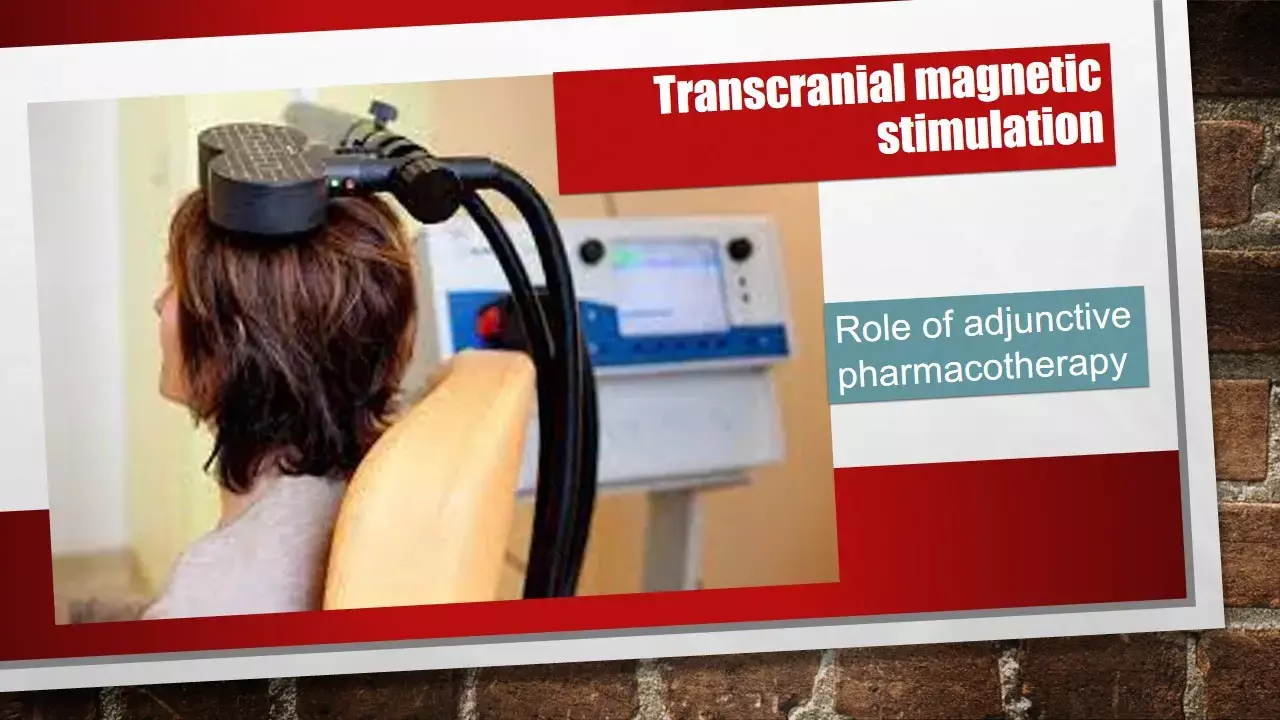- Home
- Medical news & Guidelines
- Anesthesiology
- Cardiology and CTVS
- Critical Care
- Dentistry
- Dermatology
- Diabetes and Endocrinology
- ENT
- Gastroenterology
- Medicine
- Nephrology
- Neurology
- Obstretics-Gynaecology
- Oncology
- Ophthalmology
- Orthopaedics
- Pediatrics-Neonatology
- Psychiatry
- Pulmonology
- Radiology
- Surgery
- Urology
- Laboratory Medicine
- Diet
- Nursing
- Paramedical
- Physiotherapy
- Health news
- Fact Check
- Bone Health Fact Check
- Brain Health Fact Check
- Cancer Related Fact Check
- Child Care Fact Check
- Dental and oral health fact check
- Diabetes and metabolic health fact check
- Diet and Nutrition Fact Check
- Eye and ENT Care Fact Check
- Fitness fact check
- Gut health fact check
- Heart health fact check
- Kidney health fact check
- Medical education fact check
- Men's health fact check
- Respiratory fact check
- Skin and hair care fact check
- Vaccine and Immunization fact check
- Women's health fact check
- AYUSH
- State News
- Andaman and Nicobar Islands
- Andhra Pradesh
- Arunachal Pradesh
- Assam
- Bihar
- Chandigarh
- Chattisgarh
- Dadra and Nagar Haveli
- Daman and Diu
- Delhi
- Goa
- Gujarat
- Haryana
- Himachal Pradesh
- Jammu & Kashmir
- Jharkhand
- Karnataka
- Kerala
- Ladakh
- Lakshadweep
- Madhya Pradesh
- Maharashtra
- Manipur
- Meghalaya
- Mizoram
- Nagaland
- Odisha
- Puducherry
- Punjab
- Rajasthan
- Sikkim
- Tamil Nadu
- Telangana
- Tripura
- Uttar Pradesh
- Uttrakhand
- West Bengal
- Medical Education
- Industry
Adjunctive D-cycloserine may enhance antidepressant effect of transcranial magnetic stimulation in MDD

The antidepressant effects of transcranial magnetic stimulation (TMS) protocols for major depressive disorder (MDD) are thought to depend on synaptic plasticity. The theta-burst stimulation (TBS) protocol synaptic plasticity is known to be N-methyl-D-aspartate (NMDA)–receptor dependent, yet it is unknown whether enhancing NMDA-receptor signalling improves treatment outcomes in MDD.
In the recently published results from a randomised control trial, authors Cole et al have shown that adjunctive D-cycloserine (DCS) when used with intermittent theta-burst stimulation led to greater improvements in depressive symptoms compared with stimulation alone.
Repetitive transcranial magnetic stimulation (rTMS) and more recently, theta-burst stimulation (TBS), are the noninvasive brain stimulation modalities with the largest evidence base in MDD. One potential strategy to improve outcomes is to adjunctively target the N-methyl-D-aspartate (NMDA) receptor during stimulation, an ionotropic glutamate receptor and key regulator of synaptic plasticity.
Authors hypothesized that adjunctive DCS would lead to greater reductions in depressive symptoms than placebo. In this single-site 4-week, double-blind, placebo-controlled, randomized clinical trial, 50 participants with MDD were included.
Participants were randomly assigned 1:1 to either iTBS plus placebo or iTBS plus D-cycloserine (100 mg) for the first 2 weeks followed by iTBS without an adjunct for weeks 3 and 4.
The primary outcome was change in depressive symptoms as measured by the Montgomery-Åsberg Depression Rating Scale (MADRS) at the conclusion of treatment. Secondary outcomes included clinical response, clinical remission, and Clinical Global Impression (CGI) scores.
The study found that:
1. The iTBS plus D-cycloserine group had greater improvements in MADRS scores compared with the iTBS plus placebo group.
2. Rates of clinical response were higher in the iTBS plus D-cycloserine group than in the iTBS plus placebo group (73.9% vs 29.3%), as were rates of clinical remission (39.1% vs 4.2%). This was reflected in lower CGI-severity ratings and greater CGI-improvement ratings.
3. No serious adverse events occurred.
These findings are important, because if replicated in large multicenter studies, an adjunct is deployable within existing TMS and health systems infrastructure to improve outcomes in MDD.
Results of this randomized clinical trial suggest that adjunctive DCS may be a promising strategy for improving TMS treatment outcomes in MDD using iTBS. Replication in a larger multisite study is required, as is additional investigation into intersectional approaches with other dosing regimens and precision medicine targeting approaches.
Source: JAMA Psychiatry: doi:10.1001/jamapsychiatry.2022.3255
M.B.B.S, M.D. Psychiatry
M.B.B.S, M.D. Psychiatry (Teerthanker Mahavir University, U.P.) Currently working as Senior Resident in Department of Psychiatry, Institute of Human Behaviour and Allied Sciences (IHBAS) Dilshad Garden, New Delhi. Actively involved in various research activities of the department.
Dr Kamal Kant Kohli-MBBS, DTCD- a chest specialist with more than 30 years of practice and a flair for writing clinical articles, Dr Kamal Kant Kohli joined Medical Dialogues as a Chief Editor of Medical News. Besides writing articles, as an editor, he proofreads and verifies all the medical content published on Medical Dialogues including those coming from journals, studies,medical conferences,guidelines etc. Email: drkohli@medicaldialogues.in. Contact no. 011-43720751


